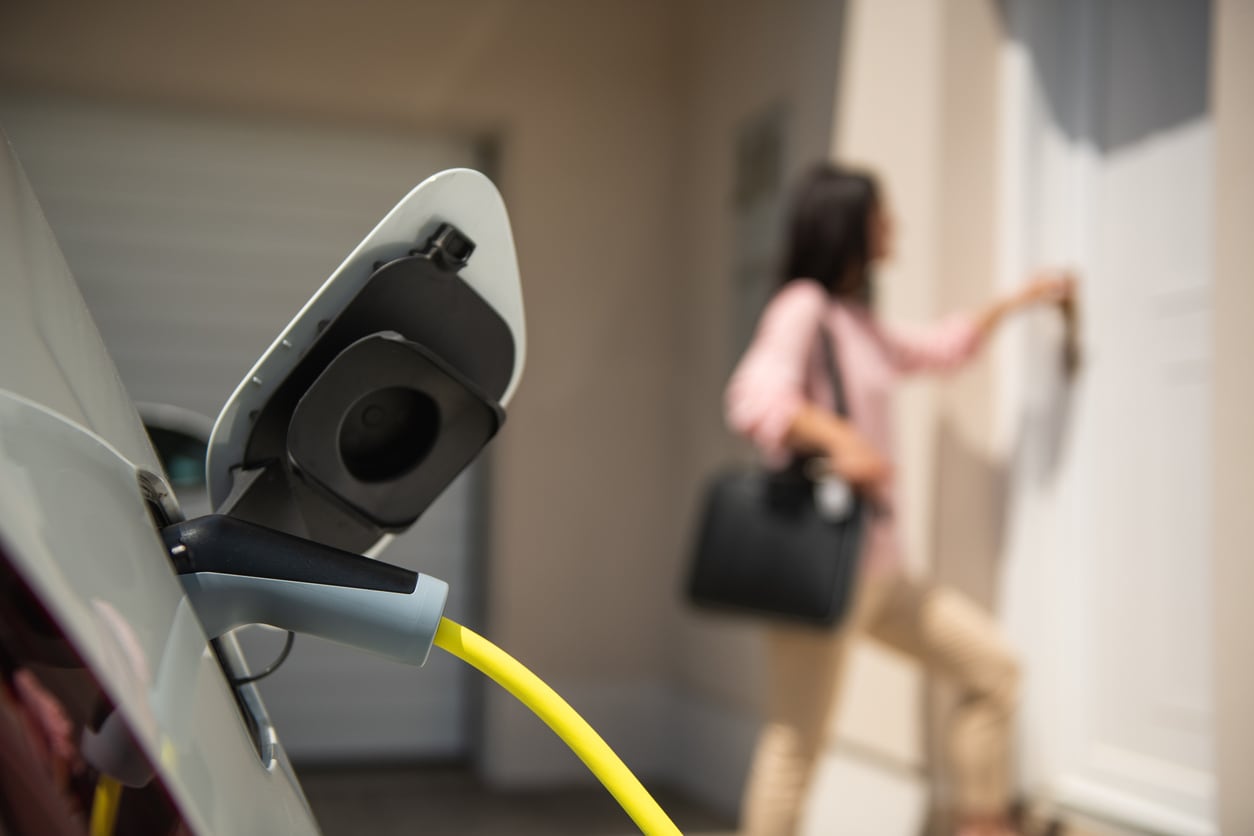From greater fuel efficiency to a positive environmental impact, electric vehicles (EVs) have a ton of perks. But like any great invention, there are other factors to consider as well. Here are four common electric vehicle issues to consider when weighing the pros and cons of EVs.
1. Importance of Tire Rotations
Similar to gas and hybrid cars, maintenance on electric vehicles includes tire care. While tire rotations are already essential for any vehicle, they are even more important for EVs.
Electric cars carry hefty batteries and are typically 10% to 20% heavier than their conventional counterparts. While driving an EV, it's important to be extra vigilant about tire rotations and maintenance to help avoid frequent tire replacements. After all, if you’re looking to make your car more eco-friendly, adding more tire rubber to landfills won't necessarily help.
2. Battery Life and Maintenance
The battery is the most important, and often the most expensive, part of an EV, so you want it to last as long as possible. These batteries are meant to withstand thousands of recharges throughout your vehicle’s life. But without proper maintenance and charging habits, you could run into costly issues with electric vehicles, including expensive battery repair or replacement.
You can generally expect to drive for much longer on a full tank of gas than you can on a fully charged EV battery. This is especially true when you consider that regularly draining your battery down to 0% can be detrimental to its health. It’s generally recommended that you keep your battery between 20% and 80%, — this varies by manufacturer — meaning more frequent stops for charges.
Your EV battery may also be sensitive to extreme temperatures and extended storage periods. All of these factors can impact the lifespan of your battery.
3. Charging Stations and Compatibility
When it comes to EV pros and cons, charging is a huge factor to consider. With a gas car, you can drive up to almost any gas station and find the fuel you need to fill up your tank. EVs don’t typically offer the same convenience.
Rural areas often lack the charging infrastructure needed to easily keep the battery charged, and not everyone can install a charger at home — making charging compatibility one of the most common problems with electric cars. Plus, charging an EV can take hours (depending on the charging point and battery size) compared to the few minutes it takes to pump gas.
4. Finding an Auto Shop for Repairs and Maintenance
What kind of maintenance do electric cars need? EVs have many of the same scheduled maintenance services as other cars. It might be easy to find a technician that can perform standard maintenance tasks like tire rotations, cabin air filter replacements, and wheel alignments (Firestone Complete Auto Care can too!), but not every shop is equipped to work with the batteries and technology of electric vehicles.
You might find yourself being turned away by other repair centers and sent to the dealership for EV-specific maintenance and repairs. Luckily, Firestone Complete Auto Care now offers electric and hybrid vehicle services. We’ve got you covered for general maintenance, scheduled maintenance, and even high voltage system diagnostics and repairs at select stores. Contact your local Firestone Complete Auto Care prior to scheduling your appointment to confirm the location's offerings.
Choose Firestone Complete Auto Care for EV Maintenance
Electric cars, just like any vehicle, need routine maintenance and service to perform their best. Whether you already own an EV or plan on purchasing one soon, you want an auto care solution you can trust. Keep your car going smoother, longer, and more efficiently by visiting your nearest Firestone Complete Auto Care for EV and Hybrid car care services.



